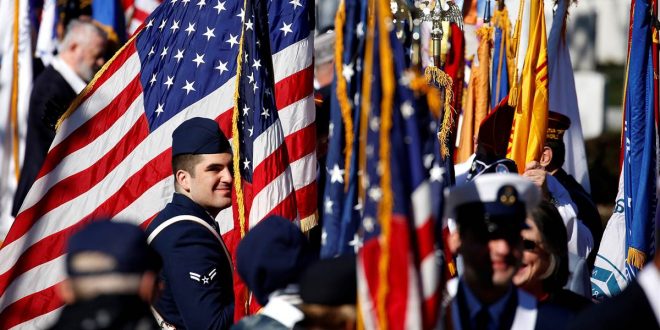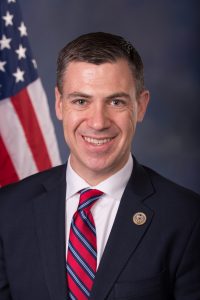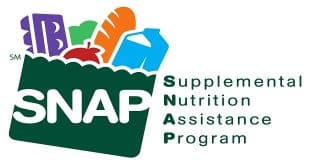Washington, D.C. – U.S. Reps. Jim Banks (R-Ind.-03) and Susie Lee (D-Nev.-03), both members of the House Veterans’ Affairs Committee, introduced the bipartisan Student Veteran Protection Act on Friday. The bill would change how GI Bill overpayments are reimbursed by making schools, not student veterans, responsible for reimbursing the Department of Veterans Affairs (VA) for GI Bill overpayments.
“Veterans have already sacrificed so much for our country — they shouldn’t be forced to deal with the bureaucratic process of repayment,” said Rep. Banks. “This common-sense and bipartisan bill would ensure veterans won’t have to endure unnecessary financial hardship or bureaucratic red-tape.”
“We need to make things easier, not harder, for our student veterans to succeed,” said Rep. Lee. “Right now, when the VA overpays a school for GI assistance for a student veteran, the student, not the school, is responsible for reimbursing VA. That makes no sense. The Student Veteran Protection Act shifts the financial burden from the student veteran to the school, where it belongs. Not only does this help remove an unfair obstacle on our veterans’ road to academic success, but it will save taxpayers $120 million over 10 years, as the repayment from veterans is less reliable than it would be from institutions. My Republican colleague Rep. Jim Banks and I understand that there should be nothing partisan about helping our veterans, and our bipartisan bill shows just that.”
BACKGROUND: A 2015 GAO report that found the VA identified $416,000,000 in overpayments under educational assistance program during fiscal year 2014, affecting approximately one in four veteran beneficiaries and about 6,000 schools. By making overpayments the responsibility of schools instead of students, schools would return overpayments directly to VA, instead of sending the payments to students who would then be responsible for reimbursing VA. According to the Congressional Budget Office (CBO), schools return 97.7 percent of overpayments when a student’s enrollment status changes, however students only return 87 percent of those overpayments to VA – causing veterans to lose benefits over time. By simplifying the overpayment process, CBO estimates this section will save the VA an estimated $120 million over 10 years.







